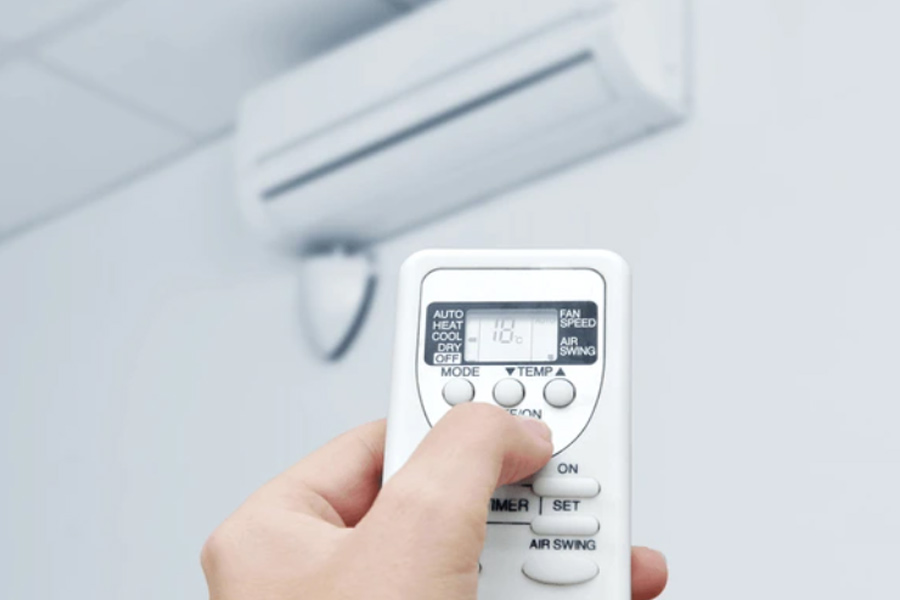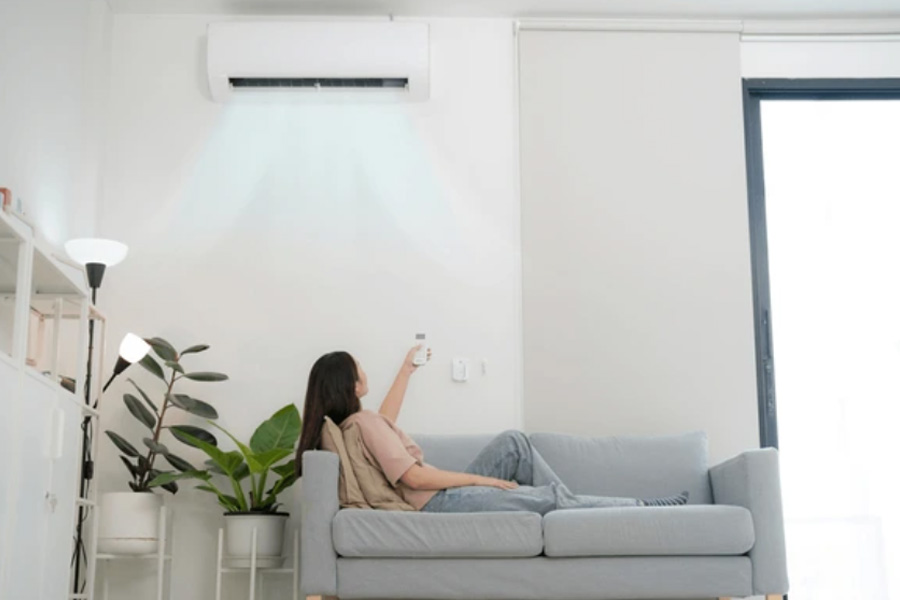Prime Minister Narendra Modi-led government has mandated a minimum temperature of not less than 20°C for new air conditioners sold in India in a move aimed at sustainable energy consumption and responsible cooling habits. But there is a health angle to this rule, too, say Kolkata doctors and experts.
For better health and comfort, the ideal temperature should be anywhere between 24°C and 26°C, believes Dr Sandeep Jain, consultant pulmonologist at Narayana Hospital, Howrah.
“This is the range where the body functions most efficiently, without putting stress on its natural temperature regulation mechanisms. When the temperature dips much lower, especially in humid conditions, the body has to work harder to maintain balance, which can make you feel uncomfortable or even unwell,” he said.
Union minister for housing and urban affairs Manohar Lal Khattar on Tuesday said the one-of-a-kind initiative by Centre was an experimental step aimed at “standardising temperature settings”. As per the new rule, the temperature standardisation for ACs will be set between 20°C to 28°C — users will not be able to go below 20°C or above 28°C.
Overcooling, especially when the temperature is set below 22°C, poses several health risks, say doctors.
Dr DN Mukherjee, infectious diseases specialist at Woodlands Hospital, warned against the hazardous impact of the extreme contrast between outdoor heat and indoor chill.
“Our bodies are not designed to handle abrupt temperature shifts. When you step into an icy room straight from the sweltering outdoors, your body’s thermoregulation gets confused. This can trigger headaches, fatigue, sinus issues, or worsen conditions like migraine,” he explained.

But the risks don’t end there. Air-conditioners, especially when set at lower temperatures, dry the air inside a room. This dries up the mucous membranes in the nose, throat, and eyes, which are our body’s first line of defence against bacteria, viruses, and allergens.
“A dry mucous membrane becomes less effective at trapping pathogens, increasing your risk of infections,” said Mukherjee.
Fungal growth is another hidden hazard. Damp, cold environments can promote the growth of moulds like Aspergillus, which can be dangerous for people with asthma or COPD (Chronic Obstructive Pulmonary Disease).
“Patients with respiratory issues are especially vulnerable to these kinds of infections,” Mukherjee pointed out.
From a technology and efficiency standpoint, experts say there’s no reason to overcool your space. The new ACs will come with a ‘default setting’ of 24°C and will not cool below 20°C at all. This measure, manufacturers say, will cut down electricity bills, reduce load on the power grid, and extend the life of the appliance.
An air-conditioning company's marketing executive in Kolkata said, “The ideal temperature is between 20°-28°. For better results, one should put it on 24°. This helps with the longevity of the air-conditioner and is also environmentally friendly.”
